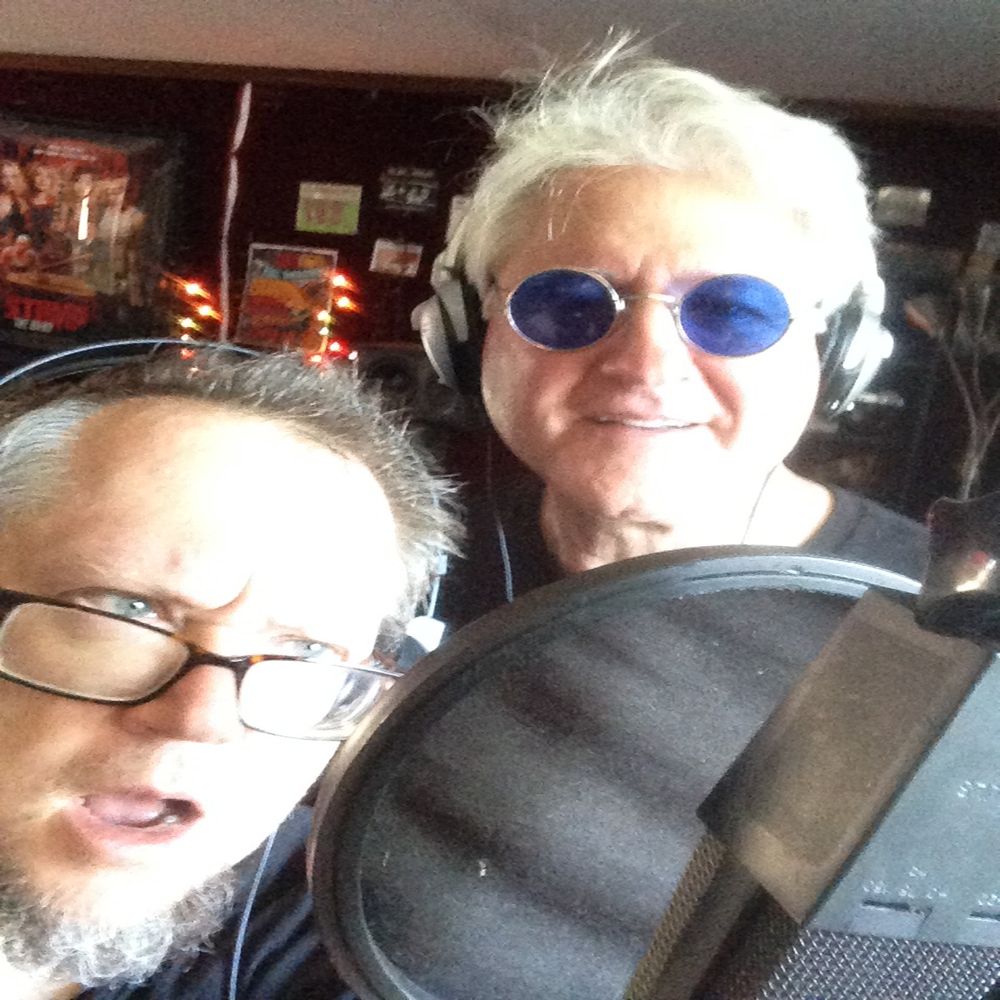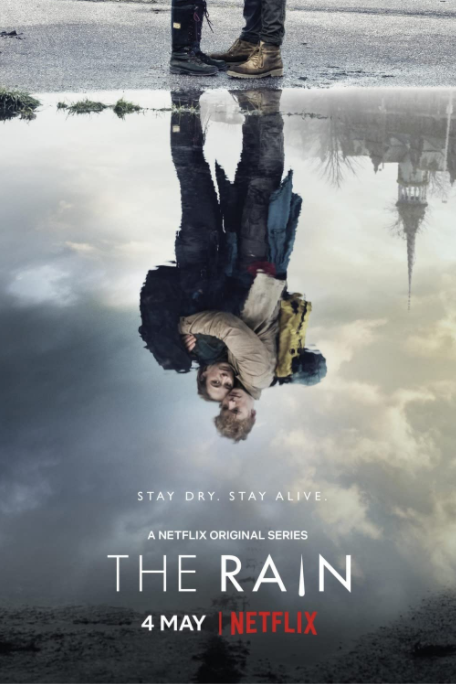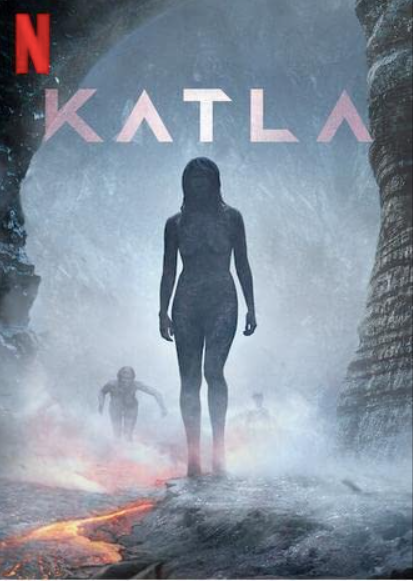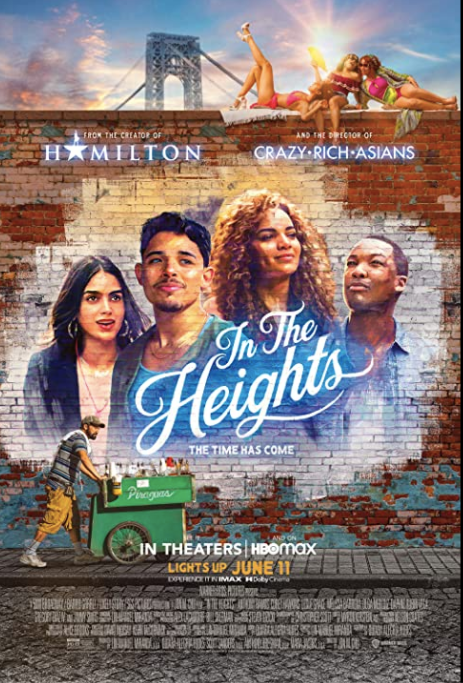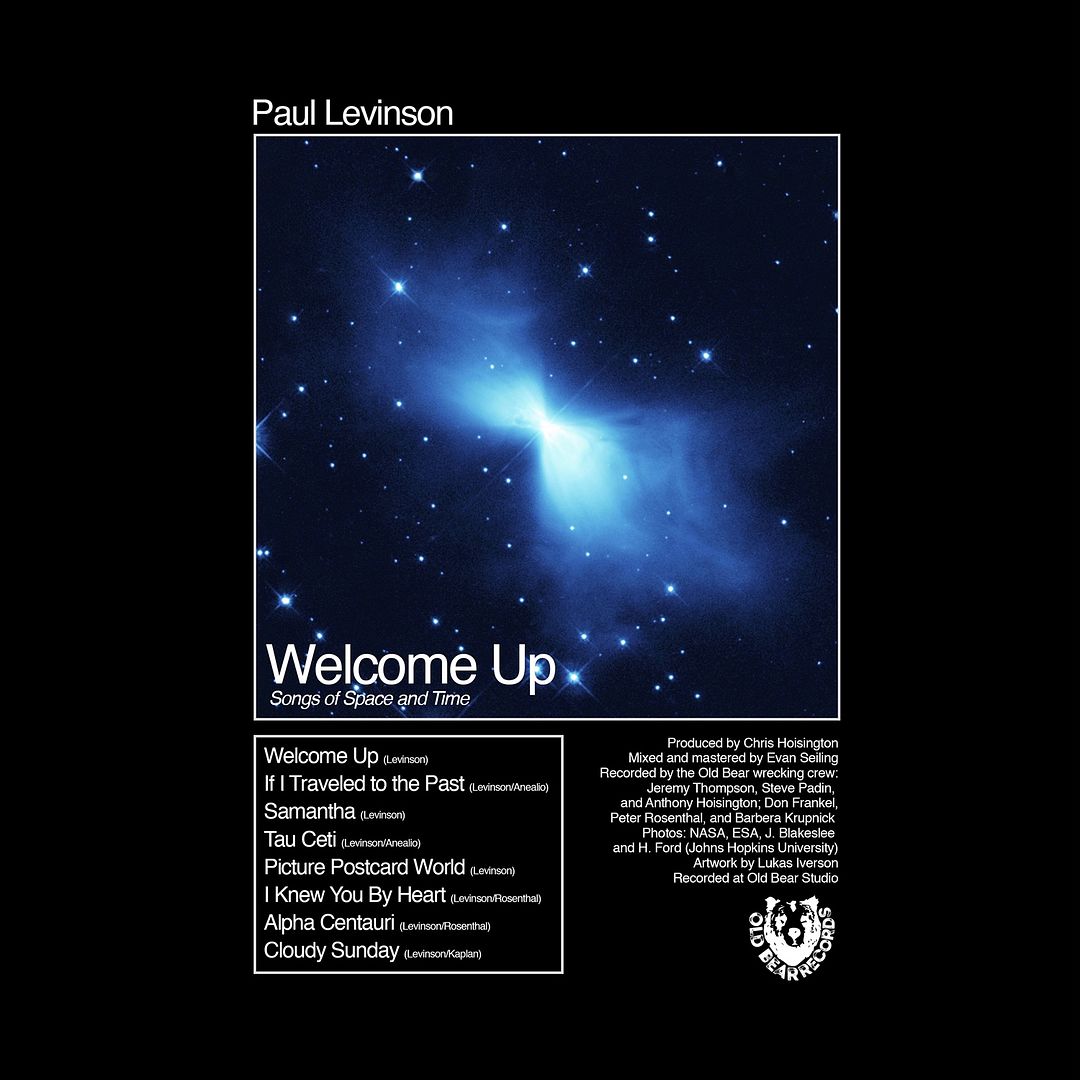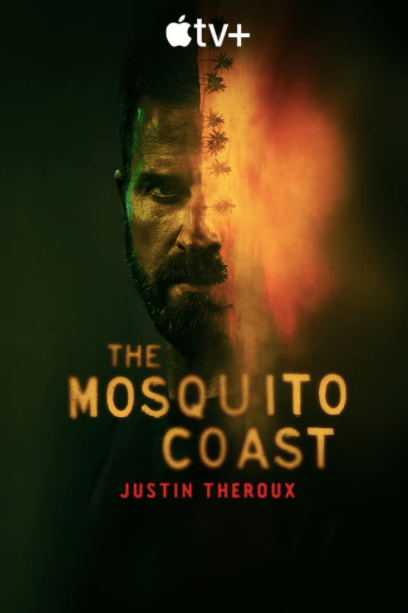A very important and precedent-setting ruling came down this morning from the U.S. Supreme Court, which ruled 8-1 that the Mahoney Area School District in Pennsylvania was wrong to try to punish high school student Brandi Levy for posting "Fuck school, fuck softball, fuck cheer, fuck everything" on Snapchat in 2017 after she was not given a spot on her high school's cheerleading squad.
The decisive ruling affirms that the protection the Supreme Court gave students in its 1969 Tinker decision -- in which it held that students could not be prohibited from wearing black armbands to school to protest the Vietnam War -- applied to non-political statements made outside of school on a social media network like Snapchat.
The decision is significant for at least three reasons: (1) it recognizes that obscene language is worthy of First Amendment protection, (2) it protects students from school censorship for statements made outside of the school, and (3) it does not make an exception for First Amendment protection because the communication was on the Internet.
The first point, I hope, should from now on be taken as a precedent not to allow the FCC to censure and fine television and radio media for broadcasting obscene language, which, for example, has led CBS to lacerate rap and hip-hop performances during the Grammys every year. Today's decision can also be seen as a reversal of the Supreme Court's unfortunate FCC v. Pacifica decision in 1978, which upheld the FCC's right to censure and threaten WBAI-FM Radio for broadcasting George Carlin's seven dirty word routine.
The second point and the third point in effect reverse the Supreme Court's 2011 decision to not even consider Avery Doninger's appeal of the 2008 US Court of Appeals Second Circuit decision (made by a panel that included Judge Sonia Sotomayor, before she was appointed to the Supreme Court) that Doninger's high school was entitled to punish her after she called school officials "douchebags" on her Live Journal blog. (See my 2009 interview with Avery and Lauren Doninger for more). Now, just under a decade later, the Supreme Court including Sotomayor has spoken clearly and overwhelmingly on the excesses of school officials, who could use an education themselves on the First Amendment.
The one dissenter in today's momentous decision was Clarence Thomas, who (amazingly) found the Court's decision "untethered from anything stable". The First Amendment couldn't be a more reliable post on which to tether our freedoms.
Thomas, of course, was appointed by George H. W. Bush in 1991. In other words, every single one of Trump's appointees did the right thing in this hallmark case, demonstrating again the independence of our judiciary, which more often than not over the years continues to be one the pillars of our freedom and our democracy.
=== Read the Supreme Court decision here ====
